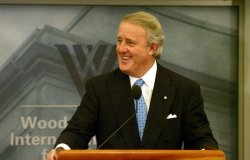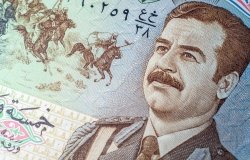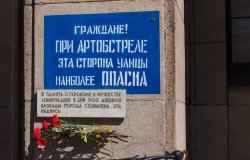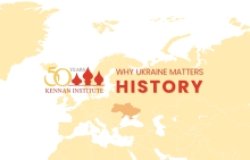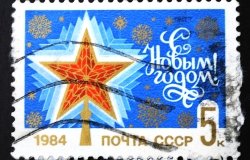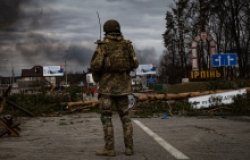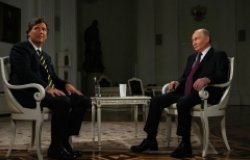Book Launch - <i>The Limits of History</i>
With author Constantin Fasolt, Professor of History, The University of Chicago. With comments by Gabrielle M. Spiegel, Krieger-Eisenhower Professor of History, Johns Hopkins University
Overview
Location: 5th floor conference room.
Books will be available for purchase.
History casts a spell on our minds more powerful than science or religion. It does not root us in the past at all. It rather flatters us with the belief in our ability to recreate the world in our image. It is a form of self-assertion that brooks no opposition or dissent and shelters us from the experience of time. In a study of Hermann Conring and Bartolus of Sassoferrato, two early modern battles over the principles of European thought and action that ended with the triumph of historical consciousness, author Constantin Fasolt closely examines the ideological underpinnings of historical practice and demonstrates that history presupposes highly political assumptions about free will, responsibility, and the relationship between the past and the present. The truth, Fasolt insists, only begins where that illusion ends.
"The Limits of History is a work of stunning originality. This is intellectual history of the highest order." ---Allan Megill, University of Virginia
"Fasolt's erudite, engaging, and wonderfully astute reading of Hermann Conring's interpretation of Roman Law results in a compelling argument that will make us rethink both the origins and the limits of historical consciousness. This is a brilliant contribution to contemporary discussions of history."---Dipesh Chakrabarty, University of Chicago
"Constantin Fasolt has written a brilliant critique of historical reasoning that lays bare the assumptions (and hence the limits) of all modern attempts to describe and decode the past. History as we know it … is a form of self-assertion, a political action by which the past is first separated from the present and then treated as if immutable and sacred."---H. C. Erik Midelfort, University of Virginia
"Constantin Fasolt here reconstructs Conring's historical and political thinking in the Discursus novus (1642) and in his medieval source, Bartolus of Sassoferrato, to consider the continual misunderstanding which is our destiny as historians. This is an excellent book."---Michael Stolleis, Max Planck Institute for European Legal History
Constantin Fasolt is a Woodrow Wilson Center Fellow examining the modern European and American idea of liberty and the fear of the unknown in self and other as expressed in doctrines of property and sovereignty. At the University of Chicago, Fasolt focuses on the history of medieval and early modern Europe; European legal, social, and political thought; and philosophy of history. He is the author of Council and Hierarchy: The Political Thought of William Durant the Younger and the editor and translator of Hermann Conring’s New Discourse on the Roman-German Emperor.
Gabrielle Spiegel is Krieger-Eisenhower Professor of History at Johns Hopkins University. She previously served as the Chair of Johns Hopkins History Department as well as Vice-President of the Research Division at the American Historical Association. Spiegel examines medieval and modern theories and practices of writing history and looks closely at the implications of postmodern critical theory for understanding contemporary historiographical practices.
Hosted By

Global Europe Program
The Global Europe Program is focused on Europe’s capabilities, and how it engages on critical global issues. We investigate European approaches to critical global issues. We examine Europe’s relations with Russia and Eurasia, China and the Indo-Pacific, the Middle East and Africa. Our initiatives include “Ukraine in Europe” – an examination of what it will take to make Ukraine’s European future a reality. But we also examine the role of NATO, the European Union and the OSCE, Europe’s energy security, transatlantic trade disputes, and challenges to democracy. The Global Europe Program’s staff, scholars-in-residence, and Global Fellows participate in seminars, policy study groups, and international conferences to provide analytical recommendations to policy makers and the media. Read more
Thank you for your interest in this event. Please send any feedback or questions to our Events staff.



